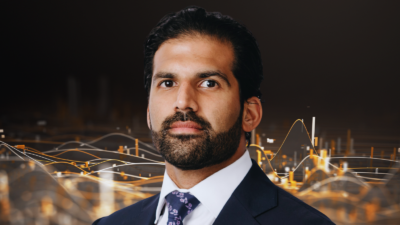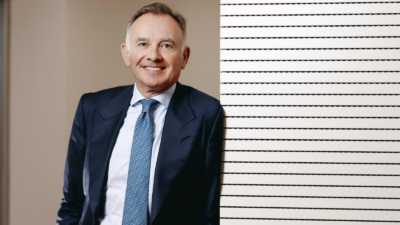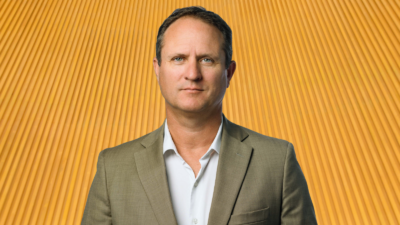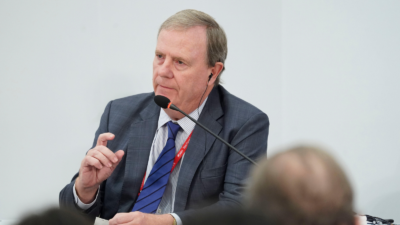The merger between ISA and AIST has created a new organisation that will court both sides of politics to “advocate for the interests” of more than 10 million Australians.
Uncertainty, dispersion and volatility are “magical words” for hedge funds, and the $160 billion Aware Super has reframed its thinking around the liquid alternatives space in a more complex macro environment.
More regulatory pressure on valuation practices means big funds run the risk of missing out on attractive deals and members could face higher costs. But with Australia now at the forefront of defined contribution pensions globally, should GPs get with the program?
An offshore manager took the top gong at Hedge Funds Rock but the big win in 2023 was for an industry on the verge of “tremendous growth” – and the changing dynamics within it.
Institutional investment in natural capital assets continues to grow, buoyed by supportive regulation and corporate interest in the market, but good global data is still hard to come by.
After announcing his departure from the role, Australian Retirement Trust chief Bernard Reilly tells ISN why the fund “hasn’t missed a beat” since the merger that created it and how the arrival of the megafunds heralds a new era of “co-opetition” in the super industry.
Australia’s onshore private credit market is still nascent but that’s one of its biggest strengths, according to Epsilon Direct Lending. And while some investors are fretting a new default cycle, it’s not the end of the world.
As the Australian Institute of Superannuation Trustees disappears, a piece of super history – one that led to the creation of many of the institutions the industry relies on today – is likely going along with it.
Calls to liquidate the Future Fund and use the proceeds to pay down government debt have grown louder in recent weeks but doing so won’t come without a cost according to analysis from WTW.
The Alternative Future Foundation wants to expand beyond its tentpole charity event and create a better-informed knowledge base about alternative managers amidst changing industry dynamics.















